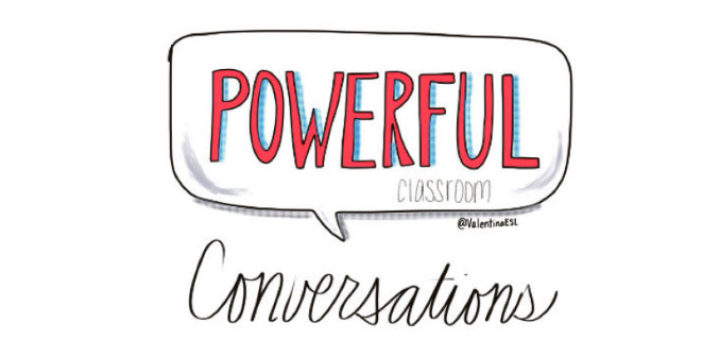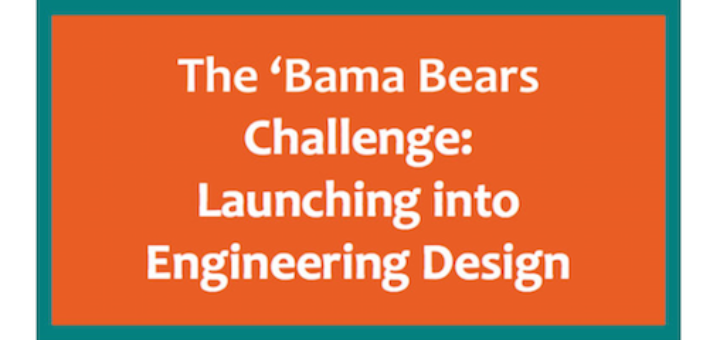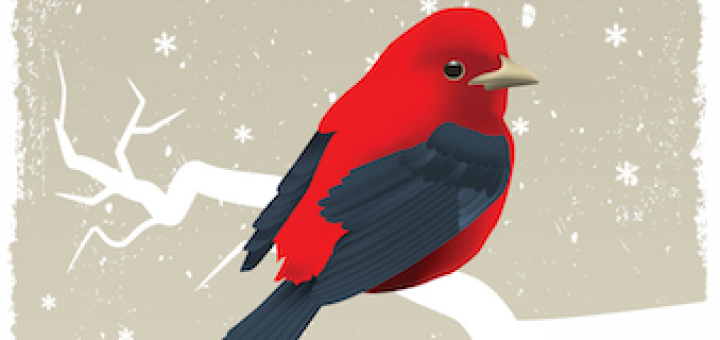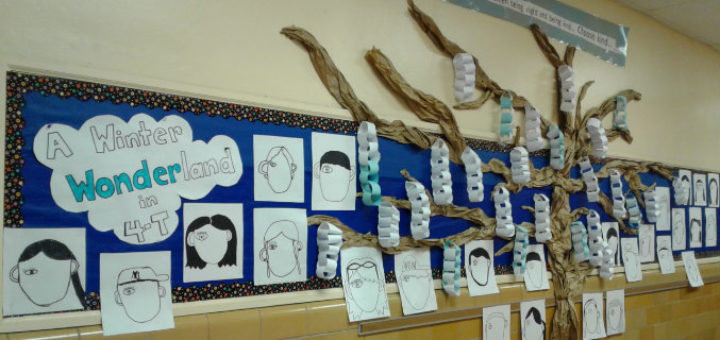Teaching and learning in grades 4-8
In the wake of holiday indulgences, ads for weight-loss products snowball in January. Many contain outright falsehoods, the FTC warns. By inviting students to investigate, teachers can sharpen media literacy skills and explore persuasive vs. argumentative writing.
Assessing students’ prior knowledge allows you to customize your teaching by anticipating their needs. Consultant Barbara Blackburn provides 8 simple strategies to help you gain an understanding of what your students do and do not know before launching into a lesson.
Frequent academic conversation supports learning for all students, and especially ELLs. PD specialist Valentina Gonzalez offers strategies to help teachers avoid ineffective practices and remove barriers to meaningful student-to-student and student-to-teacher dialogue.
As you watch kids pile back into the classroom after a holiday break, you may notice that they need to engage in some active lessons to work off excess energy and get back into the swing of learning. Try this fun STEM launcher activity shared by Anne Jolly.
Amber Chandler envisions her middle schoolers as cupcakes in the making as she considers the need for teachers to support each other from elementary through graduation. Read about ways she’s strengthened her unit on The Giver to emphasize high school writing skills.
Today’s students have to learn to shift their writing styles to meet different real-life purposes, says ELA teacher-author Jeremy Hyler. Teachers should understand the different contexts (school, work, and personal) and help students learn to “code switch” as needed.
Successful co-teaching is quite simple, says coach Elizabeth Stein. “All you need to do is keep them engaged.” Engagement begins by caring about what students think and feel as you design and deliver instruction – accepting ownership of your personal role in their success.
Looking for books that might inspire or help you grow as an educator? Perhaps you’ll find one in this winter reading collection, chosen from among our 2017 MiddleWeb book reviews. We’ve included content area titles, teaching strategies, leadership tips, and more.
Mary Tarashuk’s fourth graders are immersed in Wonder this semester. As they view the new film based on R.J. Palacio’s novel, they are also embracing Auggie Pullman’s story in class. Mary shares resources she is using to enrich their experience in understanding kindness.
This story by Ruth Ayres, from her new book Enticing Hard-to-Reach Writers, is a holiday gift to novice educators everywhere and to any teachers still wondering whether their students can ever learn to love writing so much they stop turning in incomplete assignments.













































